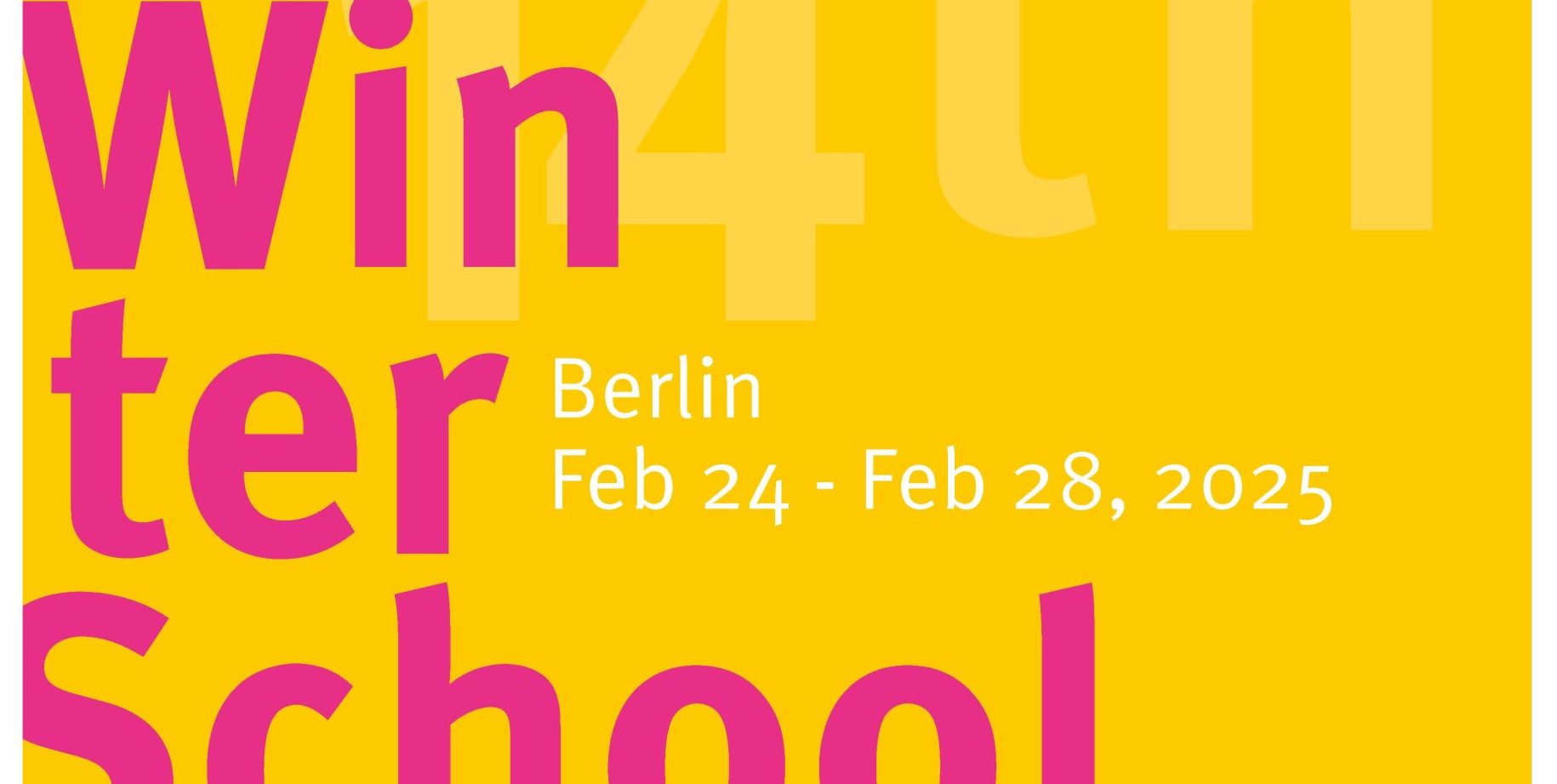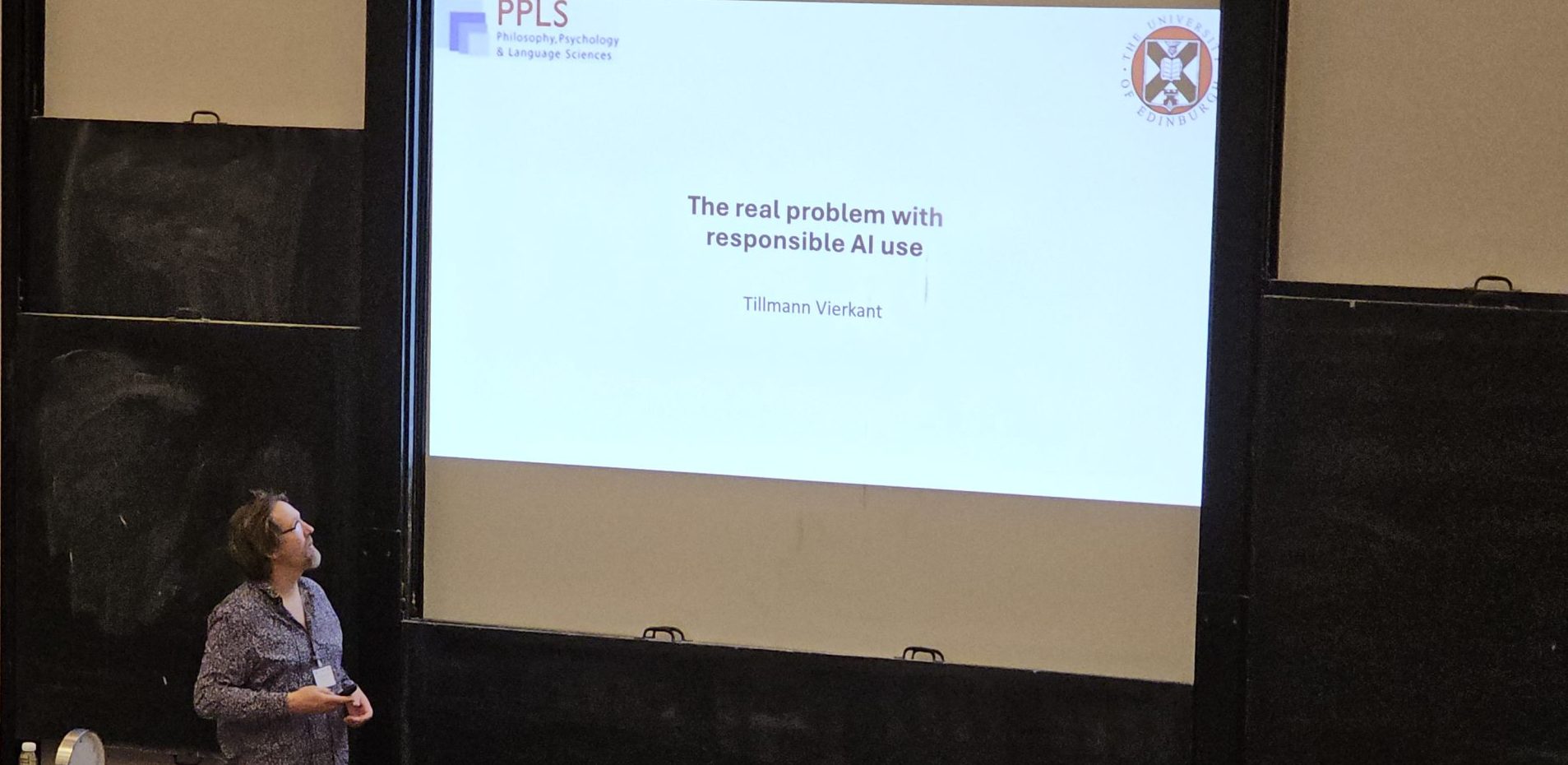Reflecting on Ethics: 14th Winter School “Ethics of Neuroscience and AI” 2025
Does ChatGPT really understand the things that it types? How much do neuroscientists really know about what you’re thinking after looking at an fMRI image of your brain? These questions and more were topics of discussion at this year’s 14th annual Ethics of Neuroscience and AI Winter School.
A Multidisciplinary Learning Experience
From 24 to 28 February, 2025, the Winter School took place on Campus Nord of the Humboldt-Universität zu Berlin, bringing together MSc and PhD students, as well as researchers from diverse fields. Organized by the Bernstein Center for Computational Neuroscience (BCCN) Berlin, the Berlin School of Mind and Brain, and Science of Intelligence, the event provided a multidisciplinary platform for critical reflection and debate on the ethical and societal implications of neuroscience and artificial intelligence.
The five-day event covered a broad spectrum of ethical topics, starting with philosophical ethics and the ethics of research and animal experiments. The final two days placed a special focus on the ethics of artificial intelligence, a particularly relevant subject given the rapid technological advancements in this field. The interactive format of the Winter School combined lectures with group work and discussions, ensuring participants could apply theoretical knowledge to practical ethical dilemmas.
Lectures and Keynote Speakers
Among the distinguished speakers was Tillman Vierkant, a philosopher from the Center for Technomoral Futures at the University of Edinburgh. He delivered a keynote lecture on the responsibility gap that arises from the use of AI-enabled systems. were Vince Madai and Klaus Günther who returned to discussed AI ethics in medical care and the role of neuroscientific research in the context of for criminal law. Another highlight was The program also featured speakers from Edinburgh and Toronto. Tillman Vierkant, a philosopher from the Center for Technomoral Futures at the University of Edinburgh, delivered a keynote lecture on the responsibility gap that arises from the use of AI-enabled systems. Karina Vold, a philosopher from the University of Toronto’s Institute for the History and Philosophy of Science and Technology. She presented a thought-provoking hybrid lecture on the potential risks of enhancing cognition through brain-computer interfaces.






